Will Attending A Private High School Boost Your Chances Of Ivy League Admission?
During my time at Exeter, dreams of the Ivy League peppered our daily conversations. My friends and I would whisper to each other which Ivy League we wanted to attend, still unsure if we would have good enough grades or test scores to make it. Would we aim for Harvard, with its ambitious future leaders, Yale’s gothic architecture and artistic rigor, or for Brown’s creative open curriculum? And how would we even know how to get there?

Back then, I assumed wishfully that attending Exeter would increase my chances of acceptance to an Ivy League. Fortunately, I did end up attending Columbia University, and I believe I ended up amidst Butler Library’s reading rooms thanks to Exeter’s rigorous academics and faculty support. The intense environment, committed to holistic intellectual and personal development, helped me to become a strong candidate for my top-choice school. Friends, teachers, and counselors all guided me, from prepping for the SATs to picking the best courses and asking for letters of recommendation.
Recent data support my hunch that private “feeder schools” like Exeter and Andover give students an admissions advantage for the Ivy League. According to the Department of Education, the ratio of students sent to Ivies from public versus private schools is about 3 to 2. Considering that only 9% of students in the U.S. attend private schools, this means that they make up a significant portion of the Ivy League undergraduate population.
So, is it worth it to send your child to a private school to attain their Ivy League goals? Below, we'll break down the advantages of private schools for admissions and how to know where your child will thrive so they can be a strong candidate for their dream school.
The Role of Private "Feeder” Schools in Ivy League Admissions
What Is A Feeder School?
A “feeder school” is a highly selective private or public high school that has a longstanding relationship with top colleges, including the Ivy League. Well-known feeder schools are private academies like Phillips Exeter, Phillips Andover, Choate, and St. Paul’s, and public magnet schools like Boston Latin and Stuyvesant.
Traditionally, Ivy League schools have preferred to accept students from feeder schools because of their intensive preparation–they provide students with strong academics, extracurriculars, and college counseling.
How Many Students From Feeder Schools Are Accepted Into the Ivy League?
A 2024 article from The Harvard Crimson highlights how one in 11 students accepted to Harvard comes from just 21 high schools in the US. Harvard’s top feeder schools include the nearby Boston Latin School, Phillips Academy, Stuyvesant, and Phillips Exeter, with each sending over 100 students to Harvard between 2009-2024. The schools are a mix of private and public magnets, supporting the theory that feeder schools play a prominent role in admissions.
In general, for top private schools like Exeter, between 2021-23, ten or more students matriculated into Ivies, and for Andover, the class of 2023 saw at least 12 students attending Harvard and Yale. Generally, private school students make up about 25-30% of undergraduate classes at the Ivies–32.4% at Brown, 37.9% at Cornell, 27% at Princeton, and 25.5% at Harvard.
The Role of Legacy Status and Sports Recruitment in Ivy Admissions
Although it’s true that many private schools send students to Ivy League schools, it’s important to point out that legacy status and sports recruitment play a role in those numbers. Historically, legacy admissions has been a way for top schools to guarantee donations, increase their yield rate, and maintain ties with alumni.
During my time at Exeter, it was common to hear fellow classmates talk about the schools their parents had attended and their desire to follow in their footsteps. It meant that from their prep (or “freshman”) year, certain students already had a clear plan for where they were headed.
Academic Advantages from Private Schools for Ivy Admissions
So what exactly are the advantages that students gain from attending private schools? The most common factor is strong academic opportunities, including smaller classes and more attention from teachers. But other advantages include better preparation for standardized testing, well-resourced college counseling programs, unique extracurriculars, and independent research opportunities.
Rigorous Coursework and Advanced Placement Opportunities
Ivy League schools look for students who will succeed in difficult college-level work, which means that the rigor of private schools is appealing when selecting candidates. Although Exeter doesn’t offer traditional AP classes, it attests to its difficulty, stating, “All departments offer courses well above the normal secondary school level.” Each May, Exeter offers students the full range of AP exams on campus.
Strong Track Record in Standardized Testing
Students who attend private schools also tend to score highly on standardized tests like the SAT and ACT, which are incredibly important for Ivy League admission. The average SAT score for private school students nationally is 1235, compared to 1060 in public schools. At Exeter, the average SAT score is 1470 and 33 for the ACT.
The Impact of Extracurricular Activities on Ivy League Admissions
Extracurriculars are an important way for students to show their character and personality beyond their essays and test scores. Rather than prioritizing breadth, it’s crucial for students to achieve depth in activities that reflect their personal goals and values. At private schools, a broader array of extracurricular activities means that students have more opportunities to find their passion project.
My main extracurricular activities revolved around the performing arts and creative writing, including roles in mainstage productions and the jazz band. Whenever a student noticed a missing club activity at Exeter, it was easy for them to find a club advisor and create a new extracurricular or organization. My peers who were the most proactive about initiating new clubs and developing their own projects were the ones who ended up at the most competitive universities.
Smaller Classes and Independent Research Opportunities
Private schools also commonly offer smaller classes, an average of 15-20 students, compared to 30+ at public schools. At Exeter, the class was usually no larger than 12 students, especially since the classroom was structured around the Harkness method, prioritizing Socratic seminars.
Beyond classroom discussions, private schools also encourage students to work on independent projects, such as creative writing contests, scientific publications, or artistic works. Although I spent most of my time lingering in the music and theater buildings, I remember classmates preparing for the Math and Science Olympiads, the Scholastic writing awards, and other opportunities.
The Importance of College Counseling in Private Schools
Personalized College Counseling Services
One of the strongest benefits of attending a private school is personalized college counseling. Compared to public guidance counselors, who may be spread thin addressing the needs of many students, private school counselors manage a smaller group of students more personally.
At Exeter, each student is assigned a dedicated counselor who schedules frequent one-on-one meetings to help guide them through the entire process. My own counselor helped me to create an ideal school list, match my extracurriculars, manage my test schedule, and pick the best teachers for recommendations.
Alumni Access to Ivy League Networks
Private schools also offer very strong alumni networks that may be well-connected with Ivy League admissions offices. It’s possible for students to reach out to alumni for tips on the application process, potentially increasing their chances as well.
While I never personally reached out to any alumni, merely being in the presence of other people and teachers who had achieved that dream of mine was incredibly encouraging. For students from lower-income or non-legacy backgrounds like mine, attending the Ivy League can seem unattainable. But being in an environment that approached college admissions practically broke my dream down into smaller, more manageable steps.
Is Private School Ultimately Worth the Investment for Ivy League Admission?
Weighing the Costs and Benefits
While private schools can come with a hefty price tag, around $73,780 for boarding students and $57,190 for day students at Andover, the potential advantages of attending makes it worth it for many families. It’s important to consider that private schools offer significant financial aid, with approximately 47% of students receiving some form of aid at Andover.
No school can guarantee admission to one of the eight members of the Ivy League; a student’s success depends on their own overall performance and character. However, certain environments can be more conducive to academic preparation, which in turn, gives students an advantage when it comes time for competitive college applications.
FAQs: Parents' Top Questions About Private Schools and Ivy League Admissions
1. Do Ivy League schools prefer applicants from private high schools?
Attending a private school is not required for admission to the Ivy League, but their strengths in academics, college counseling, and extracurriculars can help students to develop strong applications.
2. Can public school students compete with private school peers for Ivy League admissions?
Yes, public school students are also strong candidates for Ivy League admissions, especially if they pursue depth in their extracurriculars, leadership roles, and attain competitive standardized test scores.
3. Is the investment in private high school education justified for Ivy League aspirations?
The strongest factors that justify an investment in private high school education include smaller class sizes, diverse extracurricular opportunities, specialized college counseling, and extensive alumni networks.
For more tips on making it to the Ivy League, consider Crimson’s other posts, including How To Get Into An Ivy League School? The Essential Guide and find your private school match with Crimson Rise.
Last Articles
What happens in a consultation?
- Learn what the application process might require for your child to reach their dream independent school.
- Review customized service package and pricing options based on your specific needs.
- Understand the typical time commitment required from your child for activities like extracurriculars to strengthen their application profile over time.
- Assess your child's current application strengths and areas that may need further development.
%20(26).png)
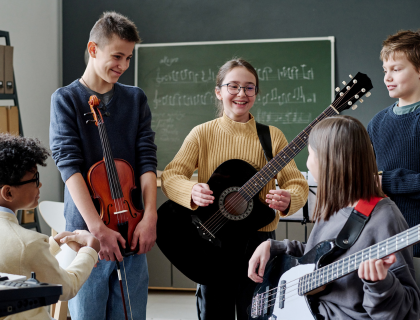
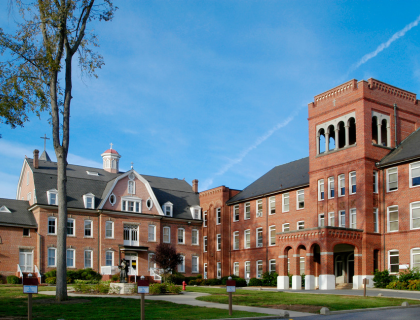
%20(45).png)
%20(42).png)
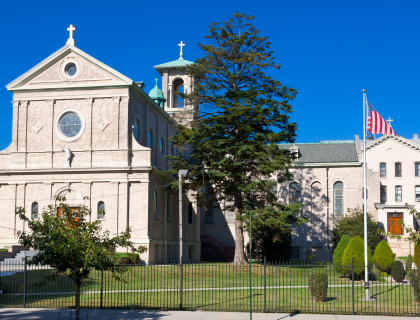
%20(39).png)






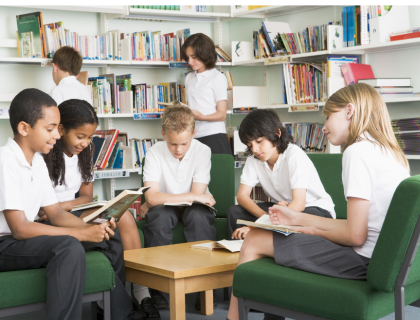









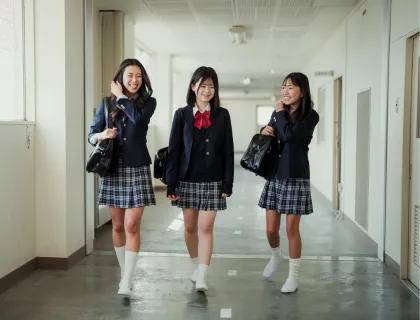




%20(21).webp)



